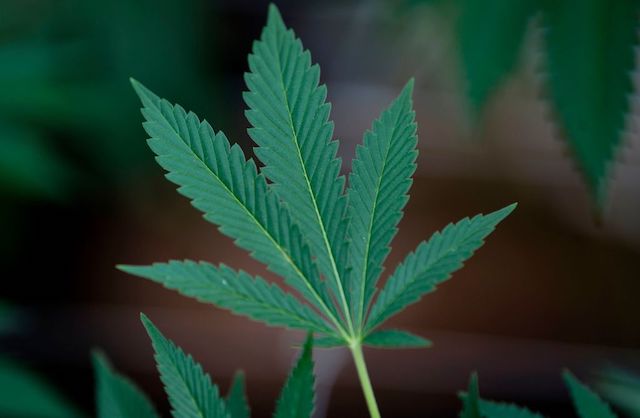While we are still waiting for the final results of the U.S. presidential election, several states voted Tuesday (November 3) to drastically reduce the number of drug arrests in their jurisdictions. A large majority of Oregon voters passed a measure to decriminalize the possession of "street drugs", while New Jersey, Arizona, Montana and South Dakota each voted to legalize recreational marijuana. Oregon and the District of Columbia also voted to legalize psychedelic mushrooms, The Washington Post reports.
rn
rnReports The Post:
The passage of Oregon’s Measure 110 means the state’s residents will no longer face arrests or prison sentences for carrying small amounts of drugs like cocaine, heroin, oxycontin and methamphetamine. The measure, which passed by almost 60 percent, also lays out groundwork for people with addictions to receive treatment as opposed to jail time.
“This is the most significant reform in our nation’s failed drug policies in a generation,” said Kassandra Frederique, the executive director of the Drug Policy Alliance, to The Post. The advocacy group spent more than $4 million backing the measure. “It’s particularly significant because most people don’t realize that drug possession is the number one arrest in the country.”
The Prison Policy Initiative’s 2020 report on mass incarceration states that 1 in 5 incarcerated people is locked up for a drug offense. Drug offenses still account for the incarceration of almost half a million people, and nonviolent drug convictions remain a defining feature of the federal prison system, according to the report. Many of these arrests, which disproportionately impact communities of color, are followed by prison sentences and criminal records. These drug arrests ultimately lead to lower employment prospects and an increased “likelihood of longer sentences for any future offenses” for people living in over-policed communities, the report states.
Those advocating for marijuana legalization hope that Tuesday’s wins will encourage Congress to change federal marijuana laws.
“It comes down to [the] fact that marijuana prohibition has been an abject failure,” Matthew Schweich, deputy director of the Marijuana Policy Project, told The Post. “If you’re not going to punish people harshly for marijuana, then you might as well legalize it to control it and regulate and use the revenue for important public services.”
Marijuana advocacy group Norml states that there is a significant racial disparity in weed-related arrests. “African Americans are arrested for violating marijuana possession laws at nearly four times the rates of whites, yet both ethnicities consume marijuana at roughly the same rates,” the group reports.
A 2020 report from the American Civil Liberties Union (ACLU) finds, “Black people are 3.64 times more likely than white people to be arrested for marijuana possession, notwithstanding comparable usage rates. In every single state, Black people were more likely to be arrested for marijuana possession, and in some states, Black people were up to six, eight, or almost ten times more likely to be arrested.”
rn
rnAccording to The Post, in Oregon (where marijuana has been legal since 2015), millions of dollars in tax revenue will go toward addiction treatment facilities and a state-supervised fund that will pay for drug programs, treatment and housing.
rn
rnMeasure 110 "also reduces drug misdemeanor charges to noncriminal offenses, institutes a $100 fine and requires offenders to be screened for drug addiction. For people caught with large quantities of substances, the penalty has been reduced from a felony charge to a misdemeanor."
“What the Oregon initiative represents is the ability to prioritize giving our loved ones the help, the resources that they need, and shunning criminalization,” Frederique told The Post. “It removes the barriers to treatment and harm reduction and other health services.”
Frederique added that she expects other states to follow Oregon’s lead: “We expect this victory to inspire other states to follow suit and have their own drug decriminalization policies that prioritize health over punishment.”
